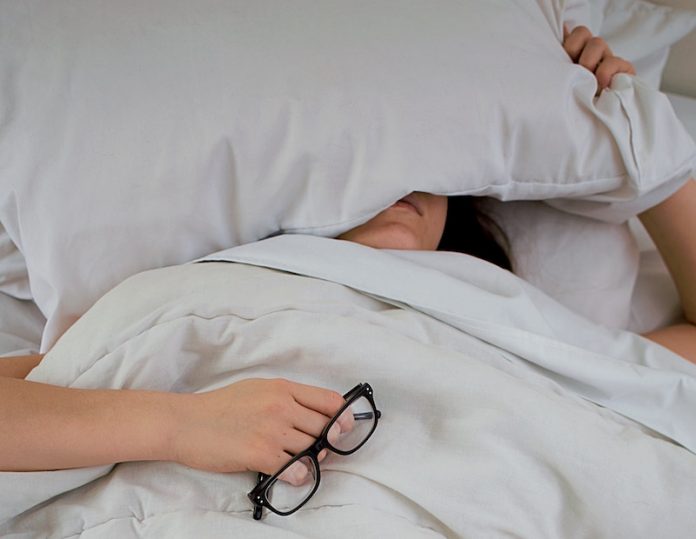
It is known that sleeping well at night is very important to blood pressure health.
In a recent study from the Hospital Universitari Arnau de Vilanova and elsewhere, researchers found in high blood pressure patients who also have obstructive sleep apnea (OSA), the more severe their OSA, the higher their blood pressure.
The study is published in the Annals of the American Thoracic Society. The lead author is Esther Sapiña-Beltrán.
The team examined 284 patients, ages 18 to 75, who were treated at hospitals in three countries—Spain, Singapore and Brazil—for resistant high blood pressure.
Among all patients with high blood pressure, the team found 83.5% of patients with resistant hypertension had OSA, including 31.7% with mild OSA, 25.7% with moderate OSA and 31.5% with severe OSA.
Those with resistant high blood pressure, which requires three or more drugs to control, are at greatest risk for a heart attack or other heart disease event.
OSA was slightly more likely in men than women: 86.3% vs. 76%; however, the men were twice as likely to have severe OSA.
Moreover, as the severity of OSA increased, ambulatory blood pressure increased, particularly at night.
The average nighttime ambulatory blood pressure was 5.72 mmHg higher in those with severe OSA compared to those without OSA.
The findings show a dose-response link between OSA severity and blood pressure, especially during the nighttime period.
High blood pressure at night is a stronger predictor of heart disease risk than those whose blood pressure is high during the day.
The team says that OSA plays an important role in the pathogenesis and prognosis of patients with resistant high blood pressure.
Future work needs to directly test if OSA could cause high blood pressure in people with resistant hypertension.
Copyright © 2019 Knowridge Science Report. All rights reserved.



